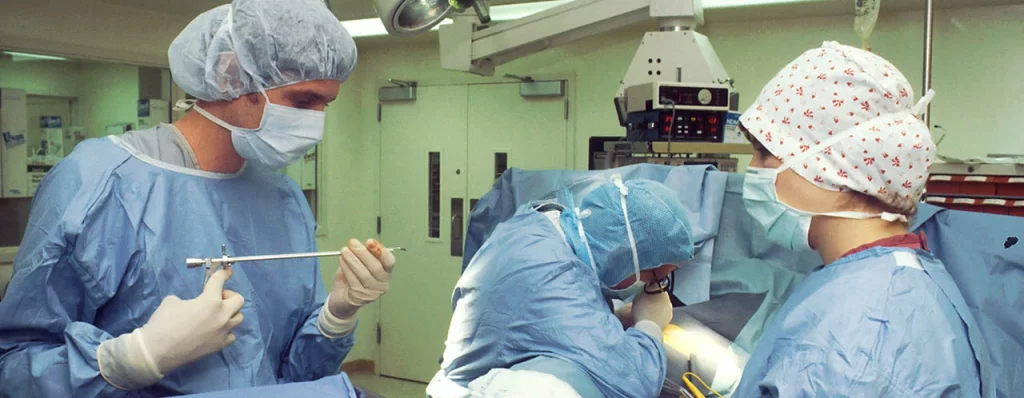Orthopedics is an ever-evolving field that deals with the musculoskeletal system, including bones, joints, muscles, and ligaments. Over the years, orthopaedics has been one of the most sought-after specialities in the medical field. Yet, as new technology and therapies develop, the future of orthopaedics appears to be at a nexus of specialisation.

Orthopedics Today
Currently, people often look for orthopaedic specialists for all orthopaedic problems. This includes everything from a sprained ankle to total joint replacement. Orthopaedic surgeons are often called upon to handle various issues, and their expertise is highly valued.
Just for example, when it comes to neurological problems, people tend to seek out neurologists or neurosurgeons. For instance, if someone has a headache, which is not necessarily a neurological problem, people are more likely to see a neurologist than a general physician.
Orthopedics in the Future – Super Specialization
Over the next ten years, however, the field of orthopaedics is expected to experience significant changes, especially in metropolitan areas. As orthopaedic surgeries become more common, patients will require super specialists who are well-versed in particular types of orthopaedic procedures.
For instance, with the rise of sports injuries and active lifestyles, there has been an increase in the number of anterior cruciate ligament (ACL) surgeries performed each year. As a result, there is likely to be a greater demand for revision ACL surgeries in the future. Surgeons who specialize in revision ACL procedures will be highly sought after and their skills and knowledge will be highly valued. This trend is not limited to ACL surgeries alone, as advancements in surgical techniques and technologies across various subspecialties of orthopaedics will require surgeons to specialize in specific areas to remain at the forefront of their field.
As time passes, medical procedures are becoming increasingly expensive. Although India is currently a cost-effective destination for medical procedures, it will eventually become more expensive as the country develops. Consequently, in order to maintain a satisfactory income, surgeons will have to perform fewer surgeries. As the number of doctors per capita increases, every specialization will inevitably branch out into more niche specializations. Patients will seek out surgeons who are experienced or specialized in a particular type of surgery.
The Role of Fellowship and Board Certification
In the past, fellowship programs (FNB) and board certifications were not mandatory for orthopaedic surgeons. However, with the increasing need for specialized expertise, these programs are becoming more important.
Fellowship programs provide a great opportunity for young, budding surgeons to hone their skills in a particular area of orthopaedics. Fellowship-trained surgeons have a better understanding of specific techniques and procedures, making them better equipped to handle complex cases.
Board certifications also play a crucial role in the future of orthopaedics. Board-certified surgeons have passed rigorous exams and have proven their expertise in a particular area of orthopaedics. Board certifications ensure that patients receive high-quality care from qualified orthopaedic specialists.
Conclusion
The field of orthopaedics is currently at a turning point, as it undergoes rapid changes and advancements that are leading to increased specialization. Patients will require specialists who are well-versed in particular areas of orthopaedics such as Foot & Ankle, Hand, Spine, Pediatric Orthopedics, and Oncology Orthopedics. Fellowship programs and board certifications are becoming more critical in ensuring that surgeons have the specialized expertise needed to meet patient demands.
As the field of orthopaedics continues to evolve, it is important to stay up-to-date on the latest techniques and technologies. Orthopaedic surgeons must continue to expand their knowledge and skillset to provide patients with the best possible care. By doing so, they can ensure that the future of orthopaedics is bright and that patients receive the highest level of care possible.

